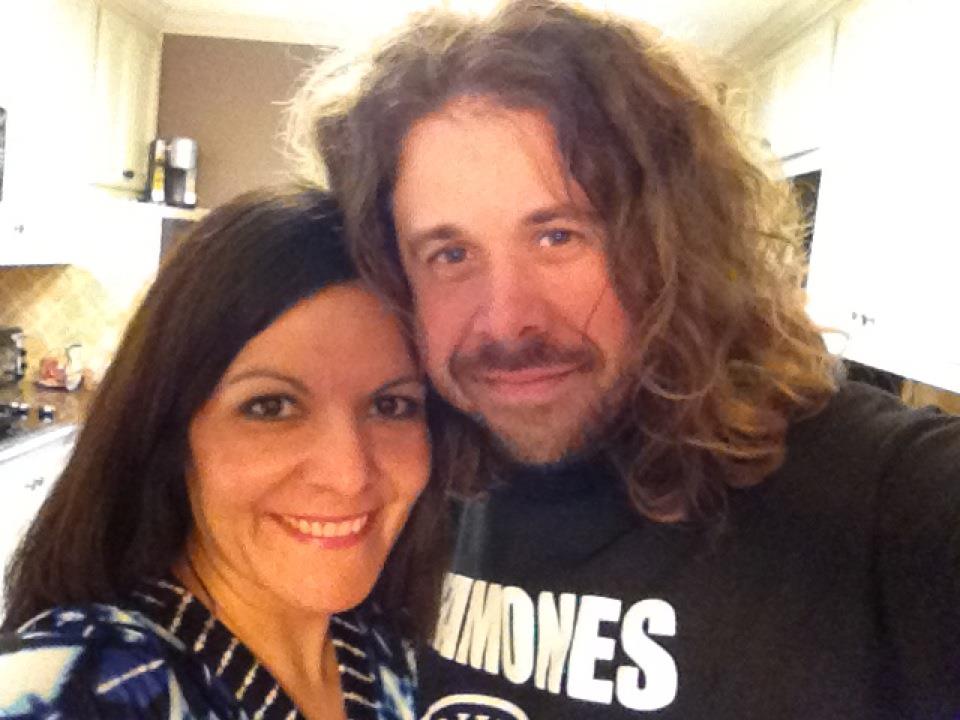
Bogan County, Arkansas is a terrible place. It's hot, it's sticky, and it's run by a murderous sherriff. The locals spend a lot of time transporting illegal alcohol, or as they put it, "runnin' licka". So much of this lawless liquor manufacture and transport takes place apparently, that Bobby "Gator" McCluskey has made himself an arrangement with the feds. A deal to get out of prison a year early to avenge the murder of his baby brother Donny at the hands of the affore-mentioned crooked sherriff, JC Connors.
Can I get an amen?
This movie represents a high water mark in the career of Burt Reynolds, who plays the lead, Gator, with verve. "White Lightning" is just after "Deliverance" and right before "The Longest Yard", and well before "Smokey & the Bandit" and the derail that followed shortly after. In Burt's canon, his career at this point was artistically at least, at it's absolute peak, in my opionion. Reynolds is subtle here, pefectly selling his grief over the loss of his brother, but growing a dull cold behind his eyes when it comes to dealing with the sherriff. He is surprisingly effective in just using facial expressions in this film. For example, in the nice moment when shortly after his prison release, he gradually unwinds as he discards his tie and suitcoat while simultaneously pressing ever so much harder on the accelerator of his hyper-tuned 1971 Ford Ltd. You can see the stress lift as the pedal goes down. There are other points in the movie as solid as that have you wondering at times, What's Gator thinking?
Director Joseph Sargent keeps things brisk, yet tense, with the help of a solid score by Charles Bernstein. The soundtrack veers between schticky banjo jams augmented with jew's harp during the extended car chase scenes, to a downright diabolical sounding blues slide guitar in the movie's heavier moments. As a kid, I would play these tunes in my head while recreating the car chases using matchbox cars. Ah, the whimsy of childhood. All kidding aside, the score is great, pulling off being jolly and at the right moments, damned ominous.
Sargent also surrounds Reynolds with a fine supporting cast of character actors such as Matt Clark, Bo Hopkins, and the legendary RG Armstrong. Burt is reunited with his "Deliverance" co-star Ned Beatty as the crooked sherriff, JC Connors. (In one scene, Gator references "Deliverance". When he's asked by a young woman what happened to him to cause the bandages covering half of his face, he replies "I was hurt trying to save two of my buddies from being knocked up by a homosexual." He is of course lampooning that obviously nightmarish sequence from John Boorman's classic thriller.)
Beatty manages to pull off the difficult combination of sinister, intelligent, and good ol boy sarcastic all at once. The heated tension in the scenes involving both Beatty and Reynolds is palpable. So palpable, you'd almost believe there was a personal grievance between the two in real life.
The only true weakness to me is Jennifer Billingsley in the female lead role, as she's not a particularly strong actress here, and comes off as more annoying and painfully dumb than anything else.
"White Lightning" has a definite southern feel, as it was shot on location in Arkansas. It comes across like a piece of rebel Americana as everybody appears to be coated in a layer of perspiration and living in a haze of humidity. It looks every bit like the deep south it was shot in.
This is little more than a cult film now, (one of Quentin Tarantino's faves, he even lifted one of Gators lines, "I'm only afraid of two things: women and the police", to which he gave no credit, in an interview with Jay Leno) but it was cause for celebration on those late 70's summer nightson TV 18 WVTV in Milwaukee, or WFLD 32 out of Chicago. My Dad would pop a quarter ton of popcorn, bust the Sparco soda bottles out and it was "White Lightning" time.


No comments:
Post a Comment